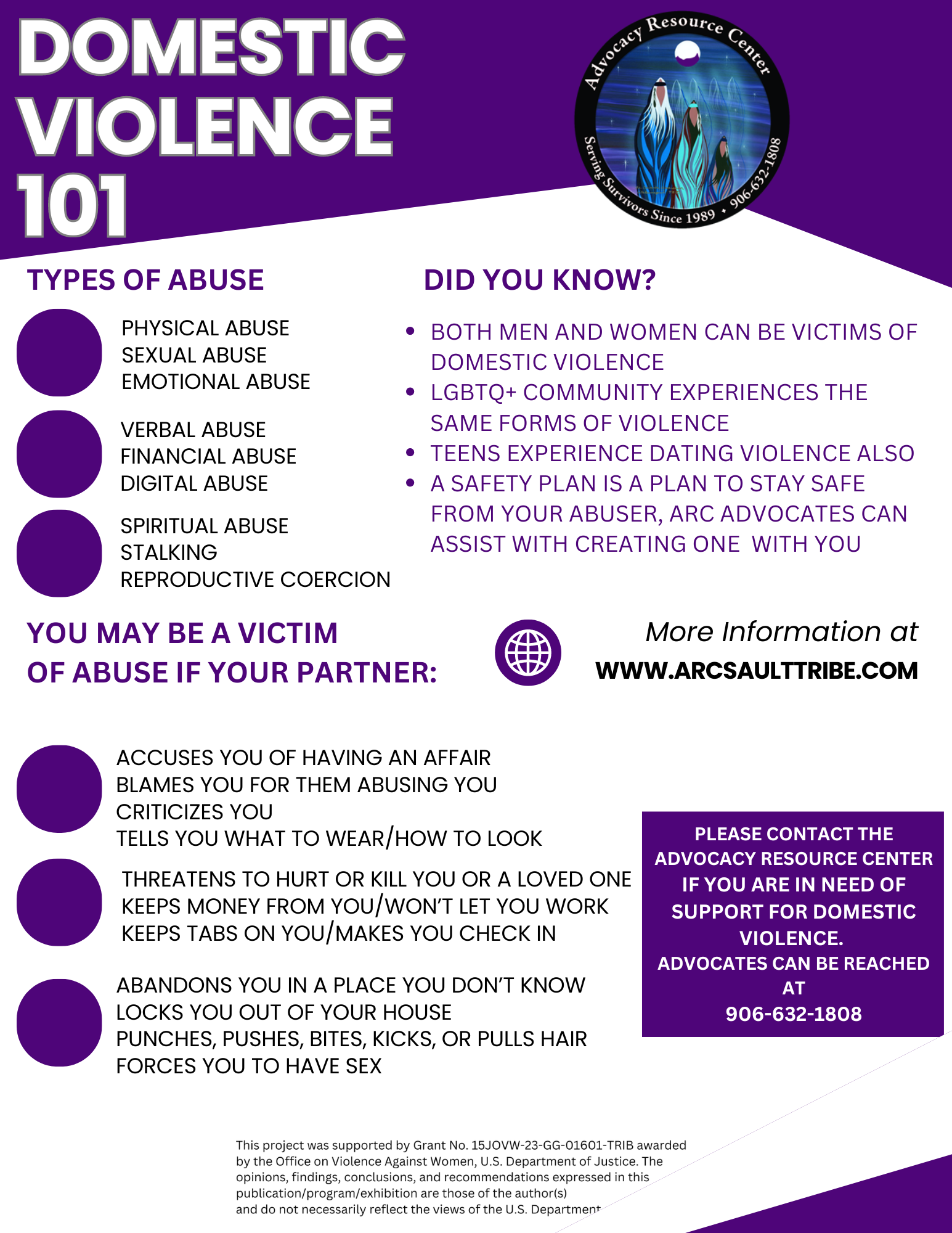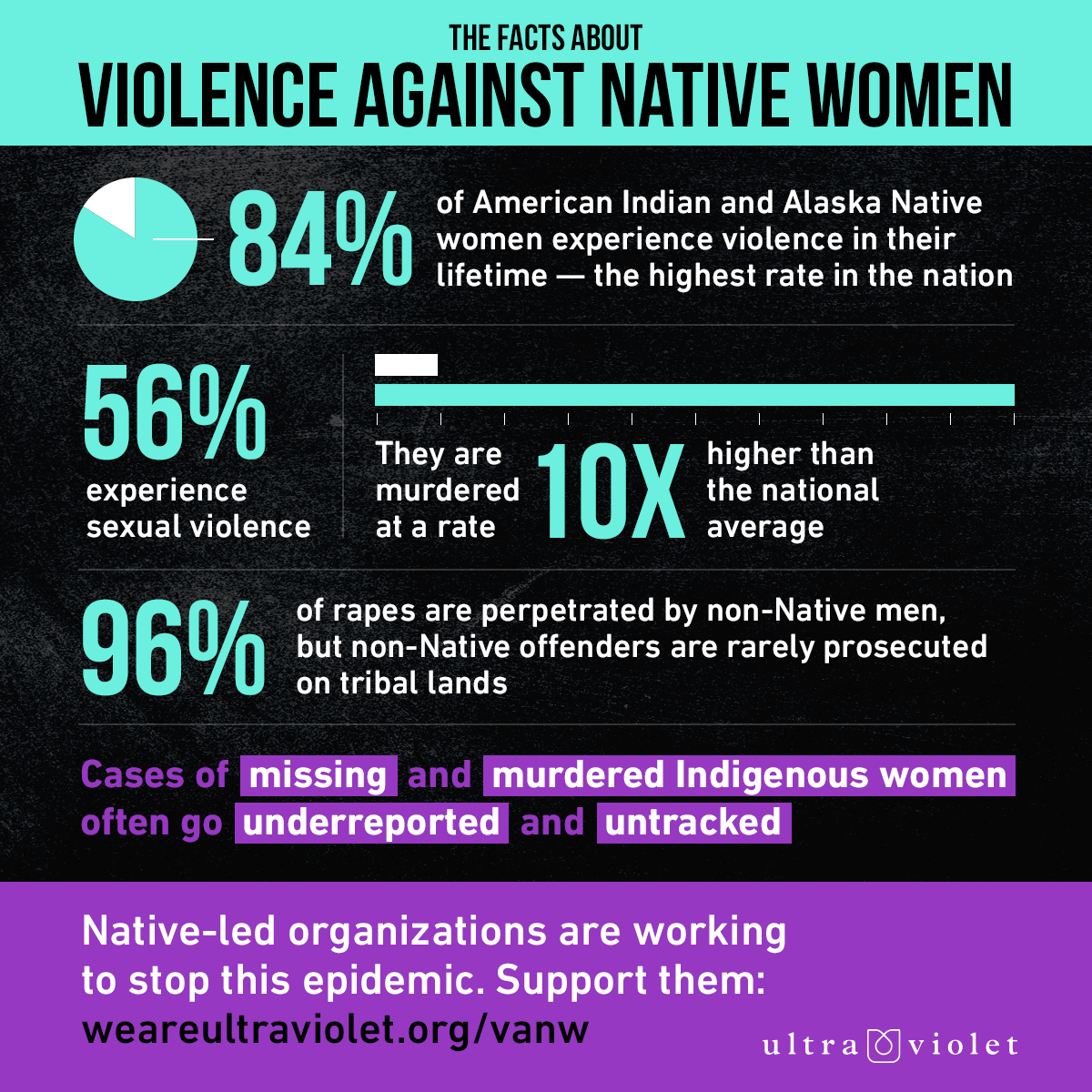October is Domestic Violence Awareness Month
Domestic violence, or "intimate partner violence," is a pattern of behavior in any relationship used to gain or maintain power and control over an intimate partner. Abuse can be physical, sexual, emotional, economic, or psychological actions or threats of actions that influence another person.
This includes any behaviors that frighten, intimidate, terrorize, manipulate, hurt, humiliate, blame, injure, or wound someone. Domestic abuse can happen to anyone of any race, age, sexual orientation, religion, or gender. Domestic violence can occur within a range of relationships, including gay or straight couples, couples who are married, living together, or dating. Domestic violence affects people of all socioeconomic status and education levels.

Not only are intimate partners victims of domestic violence, but children and other household members, even family pets, can be victims of domestic violence. Domestic violence is based on power and control over the victim. Many times, victims are unaware they are even in an abusive relationship. There are many indicators of domestic violence, and it is essential to evaluate your relationship if you feel your partner matches the criteria of an abuser.
Abuse comes in many forms, including physical and sexual abuse, emotional and psychological abuse, threats and intimidation, and stalking.
The following are signs that your partner exhibits force or bullies, threatens, or controls you:
Accuses you of having an affair
Blames you for the abuse
Criticizes you
Tells you what to wear and how to look
Threatens to kill you or someone close to you
Throws things or punches walls when angry
Yells at you and makes you feel inferior

Your partner may control you financially by doing the following:
Keeping cash and credit cards from you
Giving you an allowance and explaining every dollar you spend
Preventing you from working at all or at specific places
Steals money from you or your friends or family
Will not allow you to have money for necessities like food and clothing
Your partner may control you by:
- Cutting you off from family and friends
- Makes you ask permission to see friends and family
- Embarrasses you in front of others, causing you to want to avoid others
Your partner physically abuses you:
- Abandons you in places you don’t know
- Attacks you with weapons or objects
- Keeps you from eating, sleeping, or getting medical care
- Locks you in or out of your house
- Punches, pushes, kicks, bites, pulls hair
Your partner sexually abuses you by:
- Forces you to have sex
- Makes you dress in a sexual way
- Makes you feel like you owe them sex
- Tries to give you an STD
- Refuses to use condoms or birth control
- Withholds sex and affection as a punishment
Here are some signs to look for if you feel someone you know is being abused:
- Has excuses for injuries
- Personality changes, exhibiting low self-esteem
- Constantly checking in with a partner, asking for permission, or seeming anxious while away from a partner
- Never having money on hand
- Overly worried about pleasing their partner
- Skipping work, school, or social settings for no apparent reason
- Wearing clothes that don’t match the season, such as long sleeves in the summer to cover bruises
Both women and men can be victims of domestic or intimate partner violence. The signs and actions can be the same whether the abuser is a male or female.
In the LGBTQ community, some of the signs may differ- abusers may:
- Make excuses for abuse, for example, saying, “That’s just how men are” or “You know you wanted it to happen”.
- Telling you that police or others won’t help because of gender or orientation
- Threatening to “out” you to family, friends, and others
- Extreme jealousy of friends of the same sex
Stalking is also a form of domestic abuse. “Stalking is a pattern of repeated and unwanted attention, harassment, contact, or any other course of conduct directed at a specific person that would cause a reasonable person to feel fear,” according to the Department of Justice. Similar to crimes of sexual violence, stalking is about power and control. Stalking laws and definitions differ from state to state. Stalking behaviors can take many forms- including:
- Making threats against someone or that person’s family or friends
- Non-consensual communication, such as repeated phone calls, emails, text messages, and unwanted gifts
- Repeated physical or visual closeness, like waiting for someone to arrive at specific locations, following someone, or watching someone from a distance.
- Online stalking uses technology to stalk their victim. Cyberstalking can include sending unwanted communication, such as spamming someone’s email or social media
- Posting threatening or personal information about someone on public internet forums
- Video voyeurism, or installing cameras that give the stalker access to the victim’s personal life
- Using GPS or other tracking software systems to monitor someone without knowledge or consent
- Using someone’s computer and spyware to track their computer activity
As technology and digital platforms continue to grow, so do the chances that someone could interact with you in an unwanted, sexual manner. Not all these behaviors are considered stalking, but they can violate and make one uncomfortable. Identifying stalking behaviors before they escalate can help one take the necessary steps to protect themselves. It can be unsettling and even dangerous if you learn you are being stalked online or in person. Consider taking steps to protect yourself or involve an authority figure who can help you. Are YOU an Abuser? Do you recognize that you are abusing your partner with any of the abovementioned behaviors? In that case, resources may be available in your community to assist you in ending the abusive behaviors. Contact Sault Ste. Marie Tribal Court at 906-635-4963 for assistance. Domestic abuse can result in criminal prosecution. Help is available.
The Advocacy Resource Center (ARC) has been detrimental in serving survivors since 1989. ARC is available for support and advocacy for crisis intervention and emotional support. The ARC can assist with safety planning and follow-up. The Lodge of Bravery is open 24/7 and can provide immediate safety to survivors and their children and pets seeking protection from intimate partner violence. You do not have to be a tribal member to seek ARC services.
Contact the Advocacy Resource Center at (906) 632-1808. You are not alone. Abuse is never your fault. For more information, you may also find us at www.Facebook.com/saulttribeARC and our website, www.arcsaulttribe.com.
